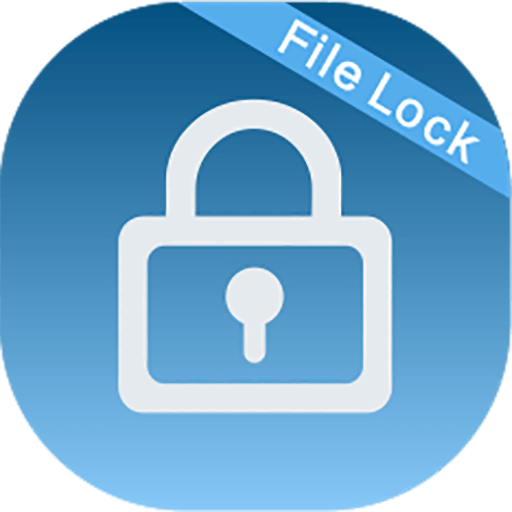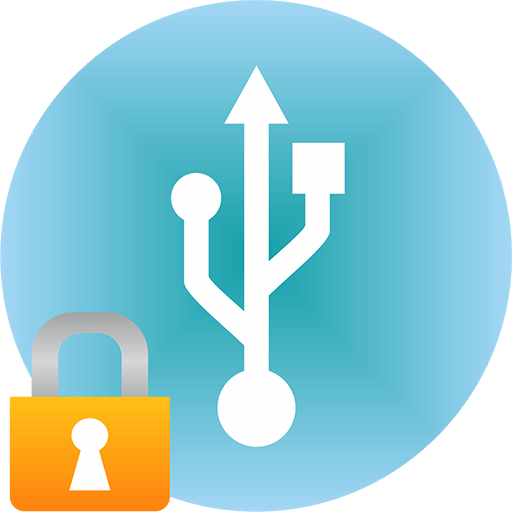 ✕
✕
By Li ZhangUpdated on January 10, 2025
Cybersecurity is the security of IT systems (equipment and programs). Protecting your computer or your website from hacking is a cybersecurity issue. But if you write down the password from a computer or a profile on the screen of your monitor, this is already a matter of your Information Security.

You May Like:
Well-known hackers are mainly cybersecurity specialists. They study how different IT systems are built. The main reasons are to find weaknesses in them. They use it for financial profit or for other purposes.
There are not only direct hacking methods. The hackers can also use simple human weaknesses. Such as saved passwords in open places, phishing, spam, social engineering techniques by phone, email, etc. It is very important to maintain your information. Use a really helpful app Cleanmymac X to delete all unnecessary data. This app saves your memory resources and cleans cookies. Follow the basic rules of cyber hygiene to ensure the protection of your personal data while working on the Internet.
1. The first rule of cyber hygiene is to check the security of existing email and social media accounts. In particular, websites such as haveibeenpwned.com and breachalarm.com will help to find out if the password for the email has been stolen.
2. Every device used to operate and has access to sensitive data must have anti-threat software. Today, every site, store, and even bank has a special mobile application. However, this does not mean that they should all be on your device. Download only the programs necessary for work. Analyze already downloaded applications, and remove unnecessary ones. Monitor the installation of each application. Also, when downloading each application, you should pay attention to the permissions you grant. Often, the malware requests a large number of permissions that do not match its functionality. This allows you to collect a lot of information about the user in order to make a profit.
3. Do not copy confidential information. As the number of files and programs on computers increases. Workers begin to store information in personal cloud accounts. They transfer sensitive data to USB drives and other external sources. Usually, interchangeable devices are not encrypted and in case of their loss or theft, confidential information can get to unauthorized persons.
4. To prevent malware infection, it is worthwhile to timely update the operating system and individual applications, which provides for the correction of vulnerabilities and errors in the software.
5. In order to prevent unauthorized access to devices, make sure that your passwords are strong. It is important to create a complex combination that contains at least 12 characters, uppercase and lowercase letters, numbers, and symbols. In addition, you should use a unique password for each account. Thus, stealing one of the combinations will not jeopardize other accounts.
6. To improve the security of your accounts, use two-factor authentication, which involves verifying your identity when you log in to a particular account. Most often, SMS messages or a separate program are used for this. This way, if your password is stolen, attackers won't be able to access your data.
7. A necessary step to avoid the loss of important data is to regularly back up the information to an external hard drive or to the cloud. This will help recover the data you need if it is encrypted by ransomware or removed by malware.
8. Last but not least, the rule of cyber hygiene is to use a reliable solution to protect your computer or smartphone from various threats, including ransomware, spyware, viruses, trojans, and phishing attacks.
Such problems often push businesses to deploy file servers where employees can store and share files securely. Companies prefer corporate accounts in cloud file storage services, such as OneDrive, Dropbox, and Google Drive. However, both ways of storing files have certain risks in terms of cybersecurity and require the necessary protection.
If your files are stored in your business account, you'll need to choose a strong, unique password and set two-factor authentication to log in to your account.
Another important element of a company's cybersecurity is the tools for remotely managing workstation protection. They provide real-time visibility, reporting, and other important management features. They do not require additional hardware or software and allow you to access network data through a web browser from anywhere. Remote cybersecurity management has its advantages—the software can be installed centrally, without the need for physical installation separately on each computer.
Further configuration, updating, and monitoring of workstation security become centralized. So IT staff can work much more efficiently and faster, and therefore reduce the cost of additional employees. IT administrators can connect to all workstations, no matter where they are.
Prompt: you need to log in before you can comment.
No account yet. Please click here to register.

Password protect and hide files & folders located on your computer, USB devices.

Password protect and encrypt USB disk, memory stick and more USB flash drive.

Enjoy safe & freely digital life.
Utility
Multimedia
Copyright © 2024 UkeySoft Software Inc. All rights reserved.
No comment yet. Say something...